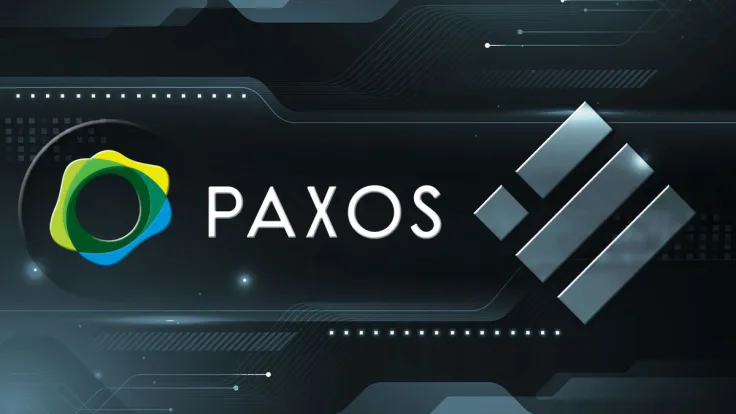
Disclaimer: The opinions expressed by our writers are their own and do not represent the views of U.Today. The financial and market information provided on U.Today is intended for informational purposes only. U.Today is not liable for any financial losses incurred while trading cryptocurrencies. Conduct your own research by contacting financial experts before making any investment decisions. We believe that all content is accurate as of the date of publication, but certain offers mentioned may no longer be available.
The recent market correction in the cryptocurrency space was triggered by the Securities and Exchange Commission's (SEC) actions that have drastically changed the industry. The SEC has stated that crypto staking services offered by companies resemble securities. As a result, the Kraken crypto exchange had to stop offering this service to its U.S. clients and pay a fine of $30 million.
Charles Hoskinson, founder of Cardano (ADA), commented on the issue, stating that Ethereum (ETH) staking, where tokens are locked in smart contracts, is similar to a business model that needs regulation. On the other hand, cryptocurrencies like ADA, which have a liquid staking model where people can withdraw their crypto whenever they want, would not fall into this category.
Hoskinson believes that it will be a significant problem if the SEC decides to put all staking modalities in the same group. This would make it impossible for any centralized company to offer the service, and something similar may be happening with Binance's stablecoin, BUSD.
Is BUSD in trouble?
Although BUSD is the stablecoin of the leading cryptocurrency exchange, it is not issued and redeemed by Binance itself but rather by regulated issuer Paxos, which has been doing so since 2019. The New York Department of Financial Services (NYDFS) directed Paxos to stop issuing the stablecoin, but the management process of new redemptions is still active,even if some investors believe that Paxos does not have enough reserves to honor the stablecoin withdrawal commitment.
The SEC sent a letter to NYDFS claiming that BUSD is an unregistered security, drawing the attention of the blockchain industry. This caused FUD (fear, uncertainty and doubt) on the crypto market since Binance's stablecoin is the third largest stable asset by market capitalization and is present in the top 10. Additionally, this move has opened up the possibility that other stablecoin issuers, like Tether, for example, may be affected. It is not just BUSD that is losing market share in the recent run on investor withdrawals. The second largest stablecoin, USDC, Circle's stable asset, is also trading below $1.
What to expect?
After the "bank run," in which over $360 million in BUSD was withdrawn, the market's eyes are on Binance's cryptocurrency, BNB. As of the time of writing, the altcoin has shown strong volatility, but nothing alarming, as its correction was 11% for the week, which is not far from other cryptocurrencies' decline.
Another important point to consider before panicking is that, although BUSD has lost its peg with the U.S. dollar, it is not experiencing a significant drop like other stablecoins that have gone through challenging times. The altcoin is trading at $0.99 and still maintains a significant advantage over Cardano's market capitalization.
The SEC's developments are expected to take important steps in the coming days in this decision-making process, and it is likely that Binance, alongside Paxos, will find a way out of this situation. As noted by a tweet shared by CZ, BUSD is a stablecoin, and no one buys it with the intention of making money from it. While this is true for the simple purchase of a stable asset, it is important to note that there is another side that must also be considered.
BUSD, whether on Binance or a decentralized platform, offers interest to its holders who provide the altcoin as liquidity. Of course, this is not exclusive to CZ's company's stablecoin, but the SEC may also be evaluating this process since it has some similarity to crypto staking. In other words, the federal agency may be treating everything the same and causing significant confusion, as Hoskinson predicted.

 Dan Burgin
Dan Burgin Vladislav Sopov
Vladislav Sopov